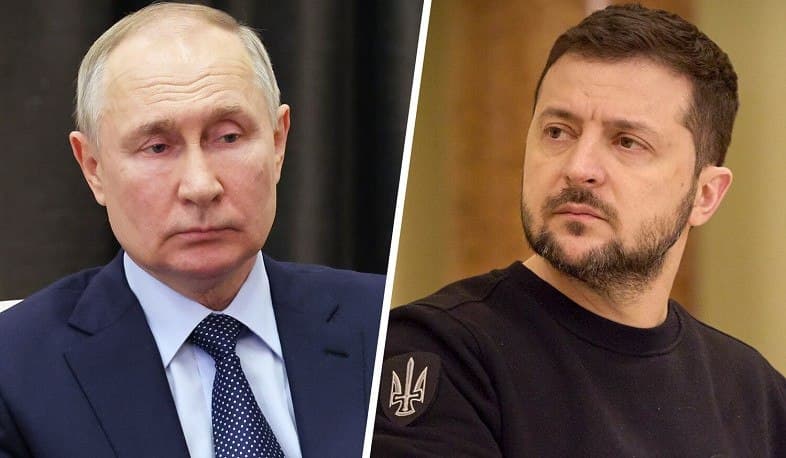Breaking: Zelensky Confirms Potential Meeting Venues With Putin
In a significant diplomatic development, Ukrainian President Volodymyr Zelensky announced that Türkiye, Austria, and Switzerland are being considered as potential venues for a meeting with Russian President Vladimir Putin. This revelation came during a press conference earlier today, where Zelensky highlighted the importance of dialogue in resolving ongoing tensions between the two nations amid the protracted conflict in Ukraine.
Meeting Venues Under Consideration
President Zelensky"s announcement marks a notable shift in Ukraine"s approach to diplomacy with Russia, particularly as the war in Ukraine enters a critical phase. The proposed locations—Türkiye, Austria, and Switzerland—are known for their historical roles as neutral grounds for international negotiations. Türkiye has previously facilitated talks between the two countries, while Switzerland and Austria have long-standing reputations for diplomacy and conflict resolution.
“We need to find a way to communicate. It is vital for both nations and the global community to seek a peaceful resolution,” Zelensky stated, emphasizing the necessity of direct engagement. This comes in the wake of escalating military actions, including Russia"s recent launch of 574 drones and 40 missiles in Ukraine, as reported in earlier coverage.
Why This Matters for Regional Stability
The potential meeting between Zelensky and Putin could have far-reaching implications for not only Ukraine but also the broader European security landscape. As the conflict continues to strain international relations and disrupt global markets, a diplomatic dialogue could pave the way for de-escalation. Analysts suggest that successful negotiations might mitigate further military actions and open avenues for humanitarian aid to affected regions.
Moreover, the choice of venue reflects a strategic calculation by Ukraine to leverage neutral territories that could foster a more constructive atmosphere for discussions. The involvement of international mediators could also enhance the credibility of the talks, especially given the complexities surrounding the conflict and the historical grievances between the two nations.
What Happens Next?
Looking forward, the next steps will depend heavily on the responses from the Kremlin regarding the proposed meeting. Diplomatic channels will likely be tested in the coming days as both sides engage in discussions to finalize the logistics and agenda of the potential meeting. Observers are keenly awaiting any official statements from the Russian government, which has been relatively tight-lipped about Zelensky"s overtures.
Simultaneously, the international community will be monitoring the situation closely. Any signs of willingness from Russia to engage in dialogue could shift the trajectory of international support for Ukraine, particularly from Western allies who have been providing military and economic assistance. As previously reported, recent developments in military engagements, such as the U.S. Navy facing setbacks in its drone fleet aimed at countering China, underscore the broader geopolitical ramifications of the Ukraine conflict.
In conclusion, the world watches as Ukraine navigates this pivotal moment in its ongoing struggle for sovereignty and peace. The proposed meeting could serve as a critical juncture in determining the future of not only Ukraine but the stability of Europe as a whole.


![[Video] Heavy clashes and gunfire reported in Baghdad, Iraq](/_next/image?url=%2Fapi%2Fimage%2Fthumbnails%2Fthumbnail-1768342239932-848qsh-thumbnail.jpg&w=3840&q=75)




![[Video] Gunfire between Iraqi security forces and Sadr militias in Baghdad](/_next/image?url=%2Fapi%2Fimage%2Fthumbnails%2Fthumbnail-1768343508874-4redb-thumbnail.jpg&w=3840&q=75)
